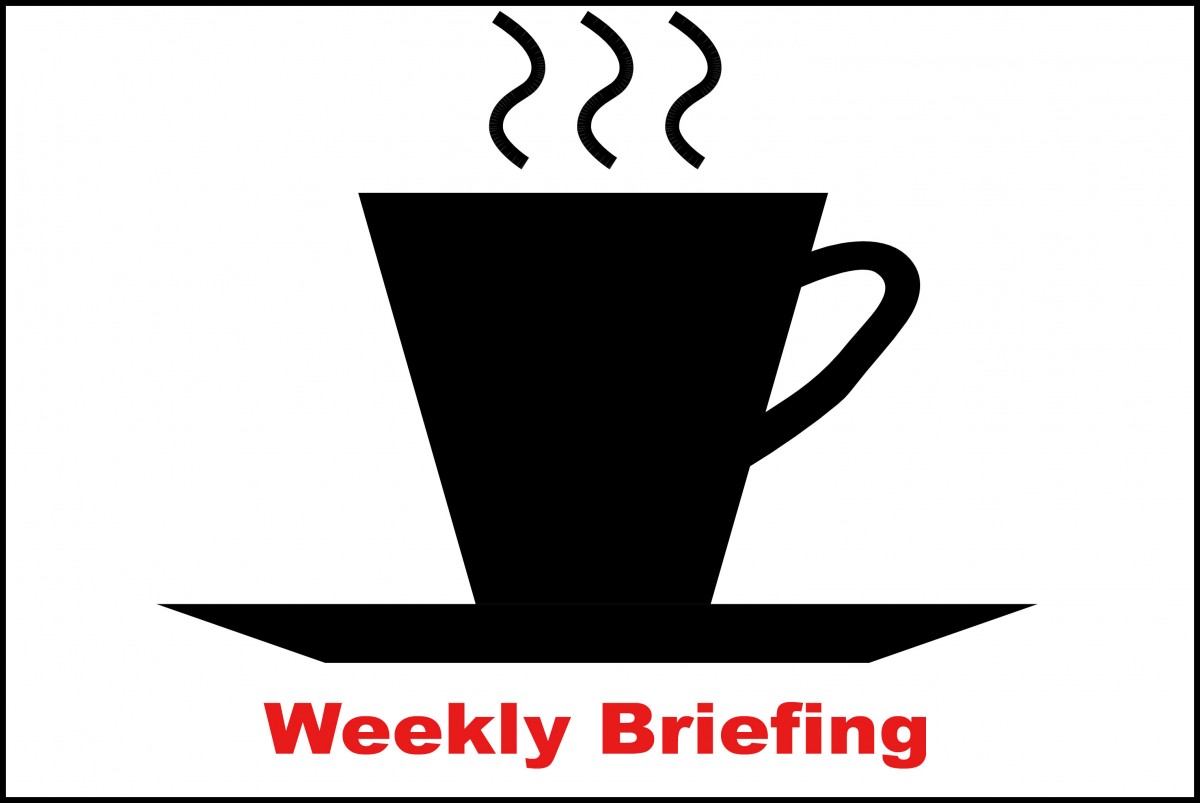Sponsored Content
Weekly Briefing: Rising Migration in Austria
More+ ♦
Published: July 28, 2022; 20:00 ♦ (Vindobona)

The Find out more about this week's developments. For Austria, new questions arise about the migration and integration of refugees. The coronavirus quarantine ends in August. Read about the latest developments in diplomacy in Vienna and Austria.
 Take five minutes to catch up on this week’s essential news! / Picture: © Wikimedia Commons / Filip Nohe [CC BY-SA 2.0 (https://creativecommons.org/licenses/by-sa/2.5/deed.de)], modified and edited
Take five minutes to catch up on this week’s essential news! / Picture: © Wikimedia Commons / Filip Nohe [CC BY-SA 2.0 (https://creativecommons.org/licenses/by-sa/2.5/deed.de)], modified and edited
Rising Migration in Austria
A new study by Statistics Austria analysed the countries of origin of Austrians and found that more than a quarter of the Austrian population has a migration…
or Log In
Fast News Search





